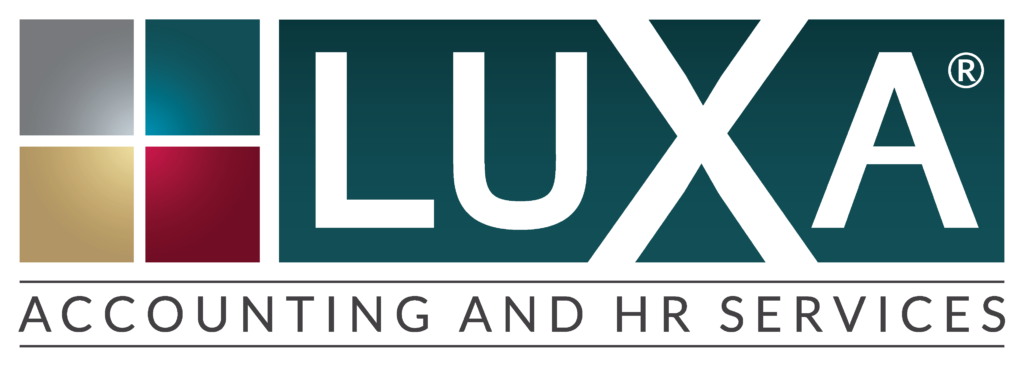Accurate bookkeeping is critical to the success of every small business. Simple bookkeeping mistakes are, unfortunately, more common than many business owners realize—and they can be costly. The frequent bookkeeping problems which are the result of simple human error leave small business owners frustrated, confused and looking for answers. As All Business explains:
“For the small business owner, bookkeeping is often seen as one of the necessary evils that we all must face. The tedious and mundane task of bookkeeping can often take up hours and hours of time…Bookkeeping, as mundane as it may appear, is actually your biggest secret weapon when it comes to business management and growth. It is only with accurate and consistent measurement of a company’s financials and other key indicators that we as business owners can effectively manage and expand our businesses.
What Are the Most Common Bookkeeping Mistakes, and What Causes Them?
Given the huge amount of data bookkeepers must keep track of, bookkeeping mistakes are surprisingly common and, as noted above, can cost your business a great deal of money. According to Accounting Web, for example, bookkeeping mistakes such as inaccurate reporting of business income cost US businesses $47 billion in IRS penalties.
Among the more common bookkeeping mistakes are data entry mistakes are failing to document business expenses (which is essential to lowering the taxes you pay), data entry mistakes, procrastination and bookkeepers not asking for help when they have questions.
Bookkeeping errors are usually the result of one or more of the following:
- Poor record keeping;
- Not properly categorizing expenses;
- Not reconciling bank accounts;
- Not backing up data;
- Not reporting sales taxes;
- Improperly classifying employees; and
- Ineffective management of petty cash
Isn’t There A Better Way?
The frequency and expense of these human errors leaves business owners looking for more effective bookkeeping solutions. Fortunately, there are resources to help businesses reduce bookkeeping errors and make their businesses run more smoothly. Among the most effective is QuickBooks.
What Is Bookkeeping in Quickbooks?
QuickBooks offers several software products to help small businesses manage their finances. One of these is QuickBooks software for bookkeeping. It includes features that automate bookkeeping processes like:
- Financial statements and business reports
- Connection to bank accounts, credit cards and PayPal
- Data backup to the cloud
- The ability to work from anywhere
- Double entry bookkeeping (in accordance with FASB standards)
- Easy expense tracking
How Will QuickBooks Help Your Business?
To understand how QuickBooks will help your business, you need to better understand how important accurate bookkeeping is, and what role it plays. To begin, bookkeepers do more than enter and analyze numbers. Effective bookkeepers also help prepare you for paying state and federal taxes, manage debts and analyze your company’s profits and losses.
Having accurate, efficient bookkeeping helps you monitor and manage the way you’re spending your business’s money and identify opportunities to cut costs. This will also help you decide which products and services you should prioritize, and which you might want to eliminate. In short, accurate bookkeeping puts your business in your control, enables you to make more prudent decisions, increase profits and attract potential investors.
What Specific Bookkeeping Tasks Will QuickBooks Make Easier?
Using QuickBooks to automate your bookkeeping will, as noted above, make your business run more smoothly, helping you prepare for taxes and cut costs. QuickBooks will, in addition, automate many specific tasks your bookkeeper is probably doing manually, saving him and you time and money.
Following are 11 common bookkeeping tasks QuickBooks will help you do more quickly, accurately and efficiently:
- Reconcile all your accounts: reconciling accounts can be tedious, but QuickBooks makes it fast and easy. With QuickBooks, you can efficiently reconcile not only your bank accounts, but all your accounts, including loans, credit lines and credit cards.
- Back up all your data: human error and the possibility of a cyberattack make it imperative to back up your data, including your customer or client data. Because QuickBooks is cloud-based, all your sensitive data is automatically backed up, preventing what are often costly and time-consuming problems down the road.
- Make bill paying easy: with QuickBooks, managing your accounts payable is a snap. WWith QuickBooks, you can easily enter bills and pay them.
- Manage your 1099 independent contractors: setting up and managing 1099 vendors is critically important, especially when tax season comes. QuickBooks has the functionality to efficiently manage all your 1099 independent contractors, saving you a lot of time and headaches at the end of the year.
- Get answers to all your questions about transactions: QuickBooks has a special feature, “Ask My Accountant,” that gives your bookkeeper the ability to keep track of any transactions that you want to research or about which you have questions. Bookkeepers, when they are unsure about transactions, sometimes make an educated guess about how to manage them. With “Ask My Accountant,” QuickBooks ensures that your bookkeeper will manage all your transactions correctly. This is yet one more way to avoid costly human errors.
- “Memorize” recurring transactions: QuickBooks has another feature, “Memorized Transactions,” that remembers all your transactions. That can save your bookkeeper a great deal of time when reentering transactions that regularly occur. You can use Memorized Transactions to automatically enter any invoice, payment or journal entry that is recurring.
- Automatically download bank transactions: QuickBooks has an online banking feature that lets your bookkeeper automatically download any transaction with your banks into QuickBooks’ database.
- Add and organize new accounts: adding new accounts can be tedious and confusing. It’s necessary to fully understand how various account types are defined and, of course, how to select the right type of account. You can more easily add and organize all your accounts using QuickBooks chart of accounts.
- Simplify the emailing of invoices: being able to email invoices is one way to ensure they’re paid more quickly, which helps cash flow—but setting up your email program can be complicated. QuickBooks makes emailing invoices simple and fast by linking Outlook, Gmail or Yahoo (and other email programs) directly to QuickBooks.
- Eliminate redundant accounts: QuickBooks makes it easy to merge your accounts, which efficiently deletes any accounts that are unnecessary or redundant. You can also use the QuickBooks merge feature to merge your data regarding employees, vendors and customers.
- Find transactions more easily: it can be time-consuming for bookkeepers to find individual transactions they need to access, especially if they know very little about the transaction. You can use the QuickBooks find feature to locate the transactions you need to look at more quickly.
Conclusion
Using QuickBooks to more effectively handle bookkeeping tasks is just one way to make your business run more smoothly, cut costs and increase profits—but there are others. To learn more about the ways our bookkeeping services will help your business achieve its key objectives, contact us today.


